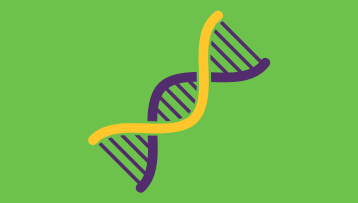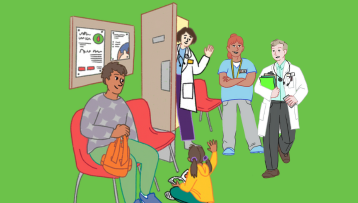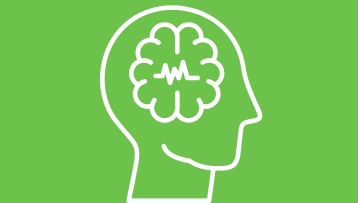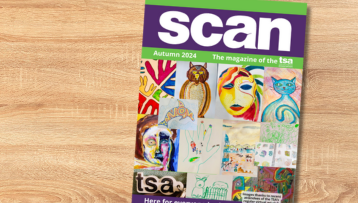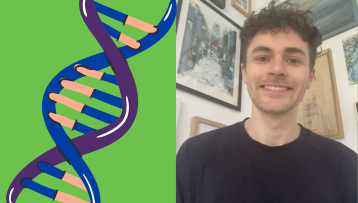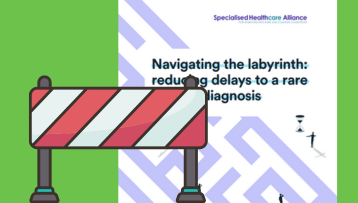Positive results from the EPISTOP trial – which is researching the potential benefits of early treatment with vigabatrin to prevent seizures in people living with TSC – have been published. EPISTOP is the first clinical trial to demonstrate a beneficial preventative treatment for any form of epilepsy.
The EPISTOP trial found that early treatment with vigabatrin greatly delayed the onset of seizures in infants, without any major side effects. At two years of age, seizures developed in only 52% of infants who showed early signs of epilepsy and received vigabatrin, compared to 84% of infants who received conventional treatment after showing early signs of epilepsy. Additionally, no infantile spasms were seen in infants receiving the vigabatrin, and the risk for developing drug-resistant epilepsy was also reduced.
EPISTOP was carried out across 10 clinical sites in Europe and Australia, led by Professor Sergiusz Jóźwiak (Medical University of Warsaw). Results of the clinical trial have now been published in Annals of Neurology .
Currently, vigabatrin is not a treatment option until seizures develop. During the EPISTOP trial infants who live with TSC, but had not been diagnosed with TSC-related epilepsy, were routinely monitored each month. When very early signs of epilepsy were identified by clinicians, half of the infants were given vigabatrin (earlier than in current treatment pathways) and half of them received conventional treatment.
Although seizures and infantile spasms were reduced by those in the trial taking vigabatrin, the risk for developing autism and neurodevelopmental delay were not greatly reduced.
You can read more about the EPISOP trial here.
Make a one off or regular donation
£10 Can allow us to send a welcome pack to a family who has just received a life-changing TSC diagnosis, ensuring that they do not go through this time alone.
£25 Can help us develop materials that are included in our support services, flagship events or campaigns.
£50 Can provide laboratory equipment for a day’s research into the causes, symptoms, management or treatment of TSC.
To provide help for today and a cure for tomorrow













